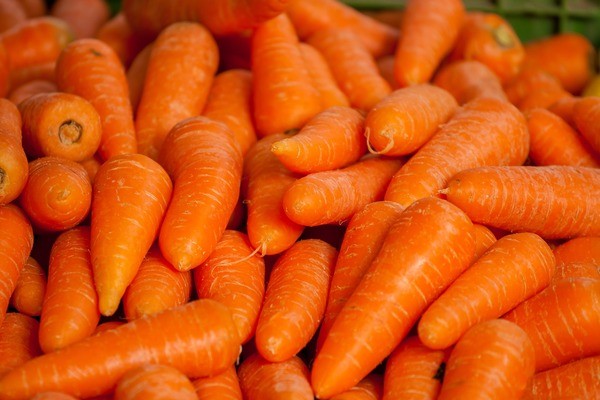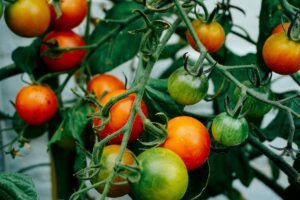We frequently take our knees for granted, not appreciating their importance until they start to suffer. Because it interferes with all movements, including standing, sitting, walking, and even sleeping, chronic knee discomfort is very difficult to manage. Your entire day and way of life might be disrupted by knee pain.
Although injuries, bursitis, and arthritis can all cause knee pain, there are thankfully natural ways to lessen the suffering. Despite being widely used, both prescription and over-the-counter drugs frequently have undesirable side effects, such acetaminophen, which has been connected to liver damage.
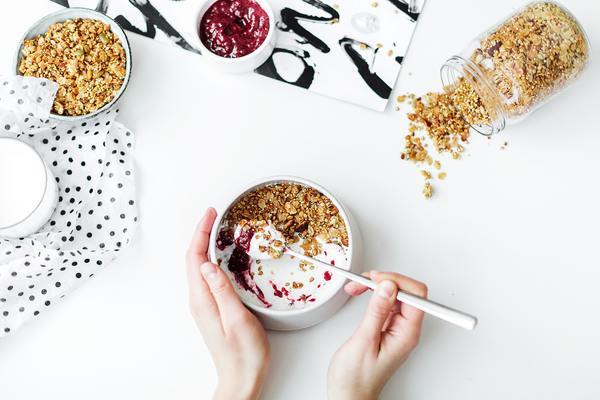
It’s also important to remember that nutrition has a big impact on pain management, particularly when it comes to lowering inflammation. By reducing the need for medicine and relieving knee discomfort, certain foods can improve general health and wellbeing.
- Pineapple, cinnamon and oat smoothie
Think about making a smoothie with oats, pineapple, and cinnamon for a nutritious and knee-friendly breakfast option. Whole grains, vitamin C, and the powerful anti-inflammatory chemical bromelain from pineapple are all included in this mix. In addition to having a wonderful flavor, cinnamon helps to lessen joint pain and swelling. To make it, combine three cups of diced pineapple, one cup of water, one cup of cooked oats, one cup of orange juice, one cup of crushed cinnamon, and one teaspoon of honey. Blend everything until smooth, adding the oats a little at a time.
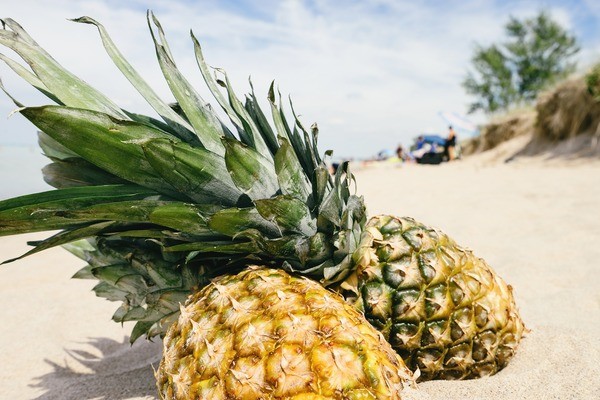
This smoothie’s ingredients all work well to reduce inflammation, which is a major contributor to joint discomfort. Although inflammation is the body’s natural defensive system, it can occasionally happen when there is no underlying threat, which causes needless suffering. You can greatly lessen pain and inflammation by include anti-inflammatory foods in your regular meals. By including these foods in a balanced diet, you can enhance your general health and reduce your need for painkillers.
2. Red peppers
For people who often suffer from knee pain, red peppers are a great nutritional option. Vitamin C, an essential component for the synthesis of collagen, is abundant in them. Collagen is essential for connecting bones to muscles and giving joints shape. Collagen helps cushion the knee joints, maintain normal alignment, and lessen pain by supporting ligaments, tendons, and cartilage. Including foods high in vitamin C, such as red peppers, in your diet can help enhance the health of your knees and reduce pain without the need for painkillers.
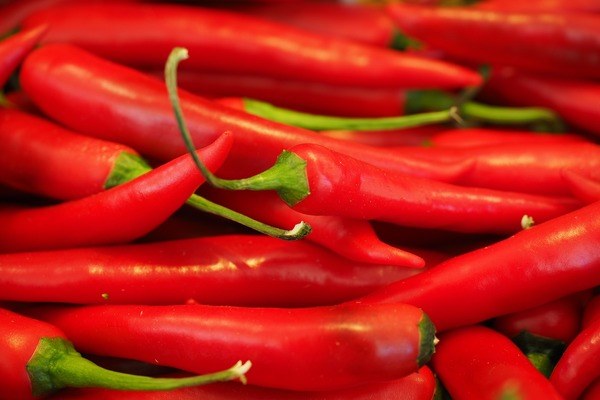
3. Tart Cherries
For people with knee problems, tart cherries are a fantastic alternative. Anthocyanins are plant chemicals with potent anti-inflammatory properties that give cherries their vivid red hue. These substances aid in lessening the severe discomfort brought on by inflammation. People with gout, a form of arthritis that results in excruciating knee pain because of the accumulation of jagged crystals around the joints, can benefit greatly from tart cherries and their juice. It is possible to reduce these flare-ups and ease discomfort by eating tart cherries.
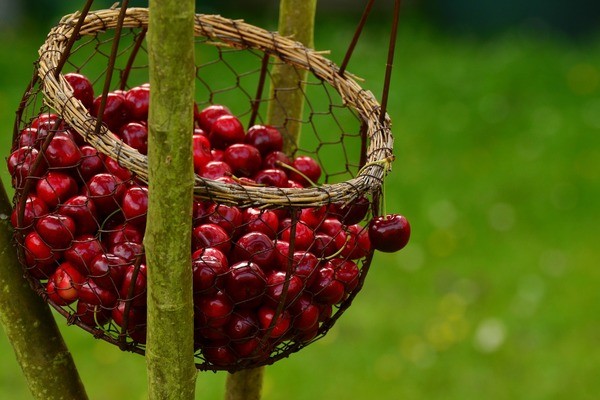
4 Avocado
Because they contain a lot of good unsaturated fats, avocados are noted for their creamy texture. Studies have demonstrated that certain fats, especially oleic acid, lower important indicators of inflammation in the body. Therefore, by lowering the inflammation that causes the pain, including avocados in your diet can help relieve knee pain, no matter where it comes from. Avocados are a good complement to any anti-inflammatory diet because they are one of the foods that can offset the inflammatory effects of many other foods.
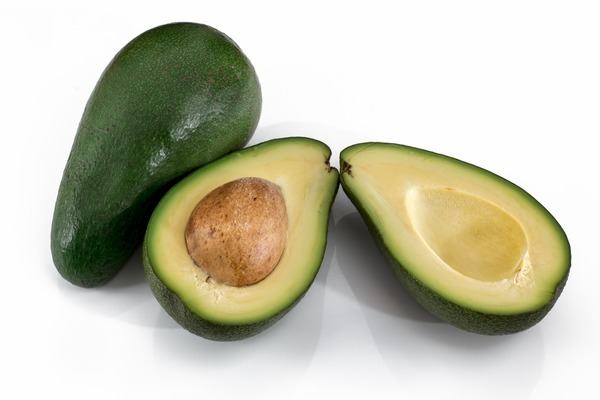
5. Mustard oil
If you plan to eat mustard oil, it’s crucial to make sure the product is labelled as mustard essential oil. You should avoid eating regular mustard oil, but you can apply it to hurting knees to relieve them by mixing it with coconut or olive oil. However, essential oil of mustard can be used in cooking to reduce inflammation and increase blood flow to aching areas. Due to their high allicin content, sautéing garlic and onions in mustard oil might enhance their anti-inflammatory properties.
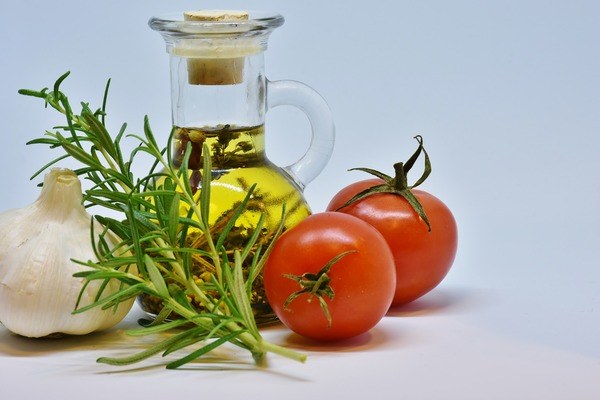
6. Whole grains
Choosing to eat more whole grains can help reduce inflammation that is causing knee discomfort, particularly if it is brought on by physical activity. White bread and other refined carbohydrates, however, can have the opposite impact by causing inflammation. To get the most benefits, choose foods that keep all parts of the grain intact, including the germ, bran, and endosperm. Whole grain bread, barley, quinoa, brown rice and muesli are all great substitutes to think about.
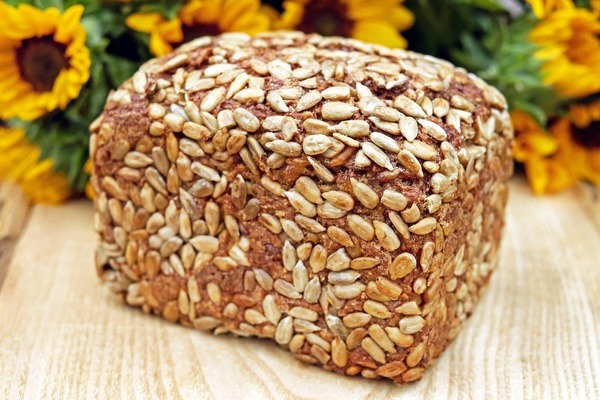
7. Walnuts
Walnuts are unique among nuts because of their high antioxidant and omega-3 fatty acid content, which makes them especially beneficial for knee pain relief. Even though walnuts are high in calories, eating them on a daily basis can help you lose weight by reducing your cravings for other foods. Your knees will feel less strain if you lose those excess pounds, which will further ease your agony.
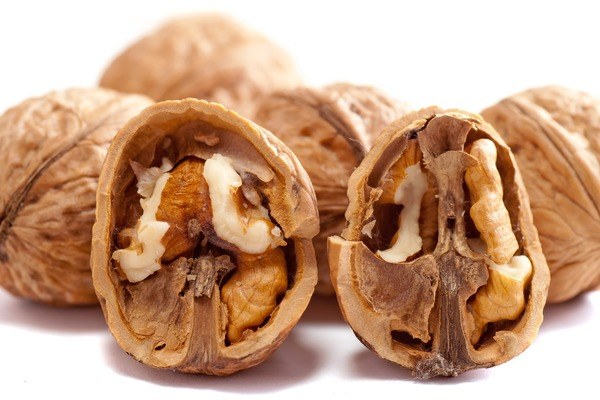
8. Ginger
Whether you choose to apply it topically or take it inside, ginger is a great way to relieve knee discomfort. It contains gingerol, a strong anti-inflammatory substance, in addition to its pleasant flavour and scent. According to research, incorporating ginger into an arthritis patient’s therapy regimen can improve pain management more successfully than merely using medicine. By making ginger tea or grating it into savoury recipes, you may include ginger in your diet. For further relief, premade ginger oils are now available and can be applied straight to swollen knees.
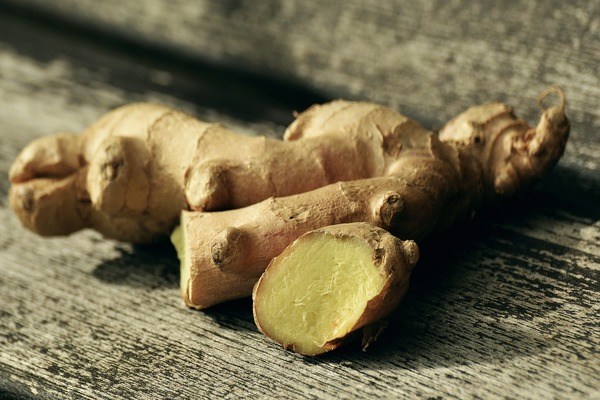
9. Apple cider vinegar
Although apple cider vinegar is frequently used in salad dressings, there are many more uses for it. Either ingesting it or applying it topically to the afflicted area will help relieve knee pain. It is advised to take two tablespoons of apple cider vinegar every day to assist remove the toxins that cause swelling and reduce inflammation around the knee. For comparable anti-inflammatory benefits, you can also combine it with olive oil and apply it to your knees once daily for a week.
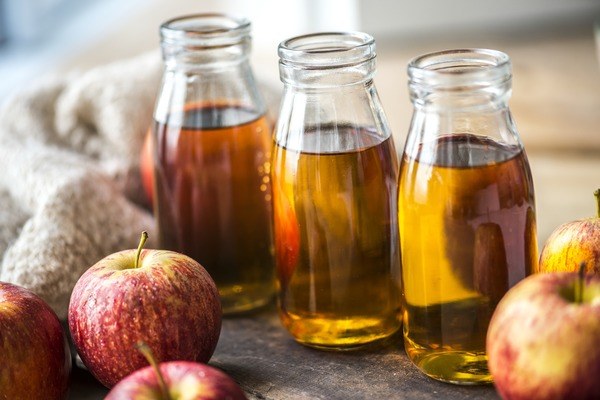
10. Turmeric
If you enjoy curry, you’re in luck because you’re already doing something delicious to heal your knees! Turmeric is a common ingredient in curries, giving them their vivid orange hue. Curcumin, a substance known for its potent anti-inflammatory qualities, is abundant in turmeric. Traditional medicine has utilised curcumin for ages due to its therapeutic properties. Regularly consuming turmeric may significantly lower the risk of knee pain and other joint issues. It is an excellent natural substitute for ibuprofen because of its similar pain-relieving properties.
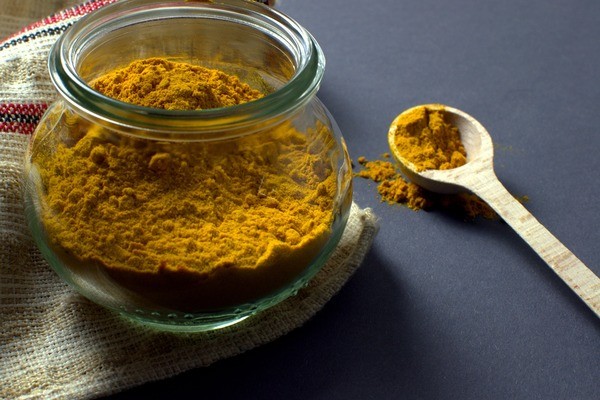
11. Carrots
The benefits of carrots go beyond their long-standing association with better vision. According to traditional Chinese medicine, knee discomfort can be relieved by eating carrots. This is because they contain a lot of beta-carotene and vitamin A, which are both strong anti-inflammatory substances. Carrots are more nutritious when cooked, but for those who prefer them raw, they can also be eaten that way. Two servings of carrots each day can help fight inflammation and greatly lessen knee pain.
